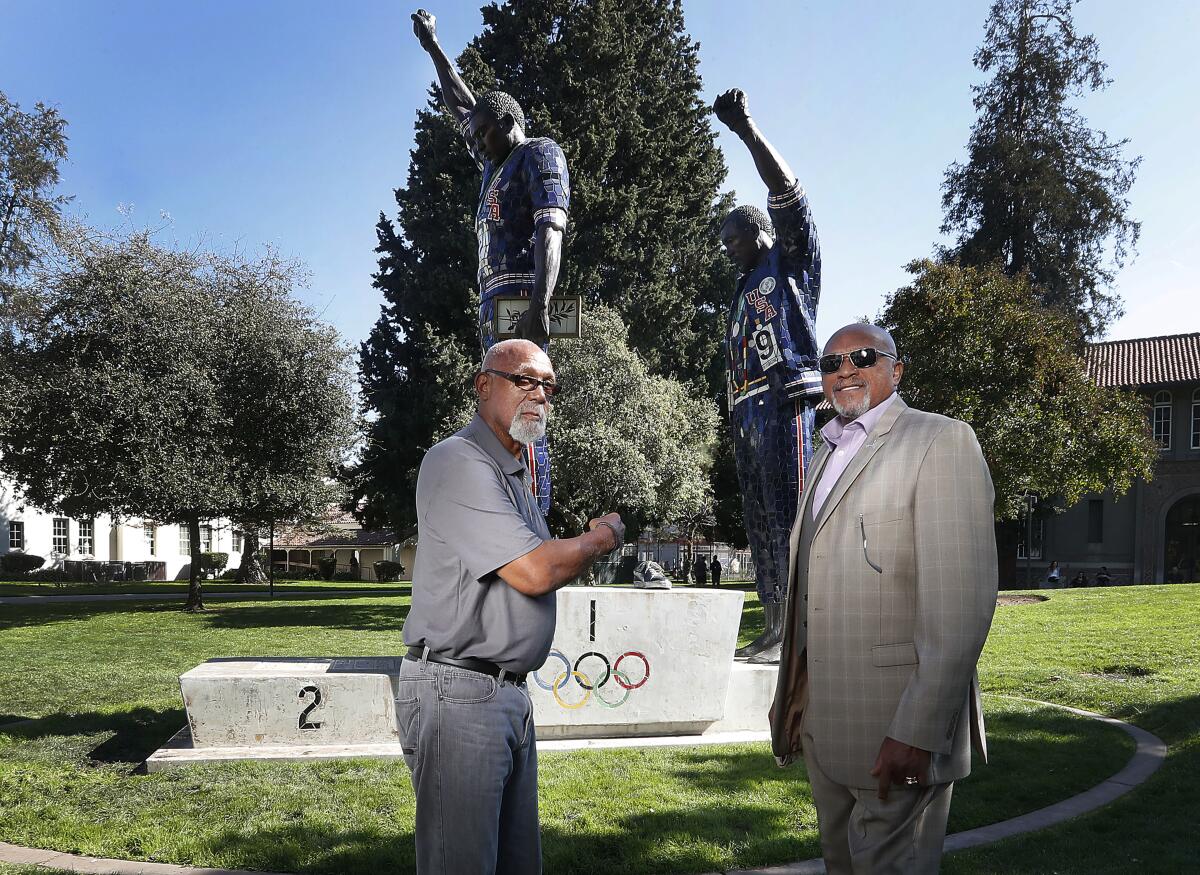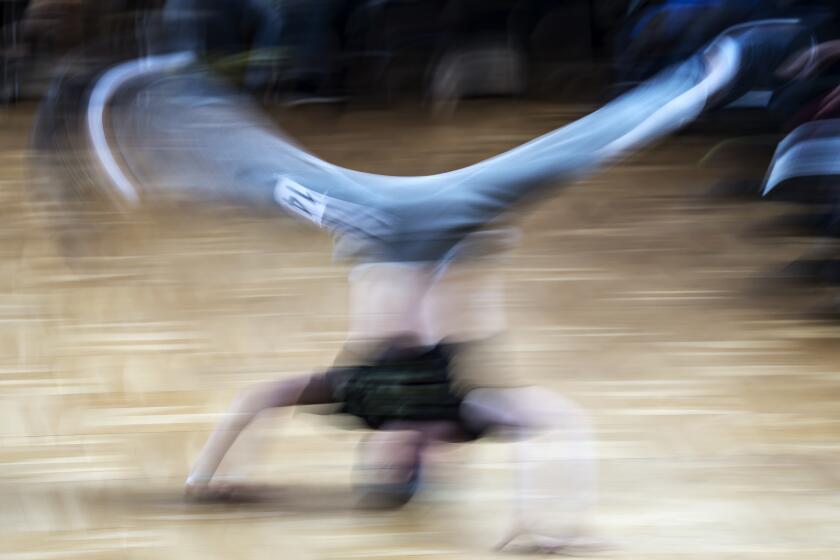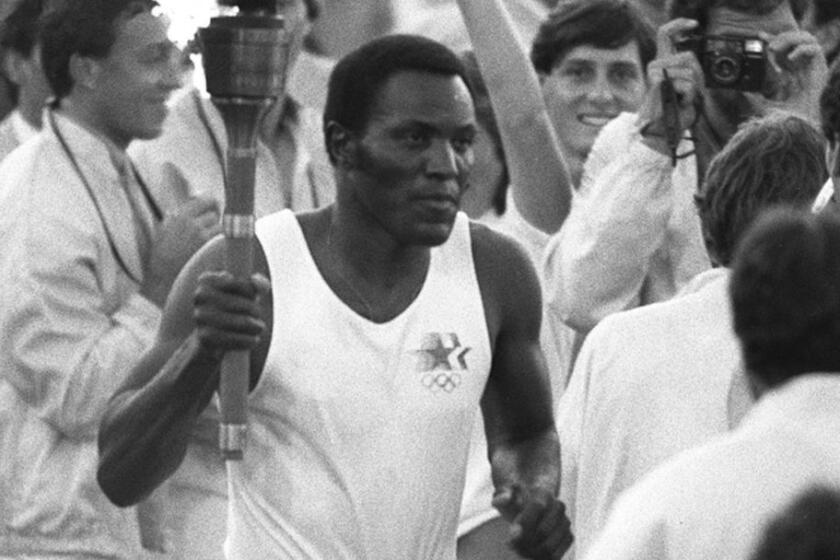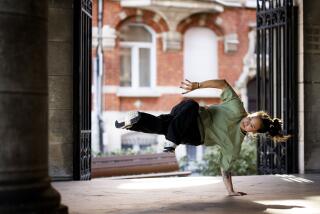U.S. Olympic leaders say American athletes won’t be punished for protests

In a move that reflects shifting attitudes across much of the sports world, U.S. Olympic leaders will no longer punish American athletes who raise a fist or kneel in protest on the medals stand.
The new policy follows similar changes made by professional leagues such as the NBA and NFL in the wake of last spring’s national protests over the death of George Floyd.
“We believe that Team USA athletes, in line with many other sports and leagues in the United States, can be a leading force for global good,” said Susanne Lyons, president of the U.S. Olympic & Paralympic Committee.
But, with the Tokyo Summer Games fast approaching, the announcement Thursday could cause friction with one prominent organization — the International Olympic Committee. The IOC’s long-standing Rule 50 states that “No kind of demonstration or political, religious or racial propaganda is permitted in any Olympic sites, venues or other areas.”
International Olympic Committee leaders announce that breakdancing, surfing, skateboarding and sport climbing have been added to the Paris 2024 program.
Earlier this year, the IOC issued a three-page supplement to the rule, which bans kneeling or otherwise failing to adhere to strict protocol during medal ceremonies. Signs, armbands and hand gestures are also prohibited.
The IOC’s reticence to change doesn’t surprise Mark Dyreson, a Penn State professor who studies Olympic history.
“They were among the last holdouts on amateurism, too,” he said.
There are signs that the protest issue is forcing a schism in the Olympic movement.
Earlier this week, the international track federation honored Tommie Smith and John Carlos, the American sprinters who struck an iconic pose when they raised there black-gloved fists on the podium at the 1968 Mexico City Olympics. IOC President Thomas Bach responded with thinly veiled criticism.
Speaking to a small group of reporters on Thursday, federation president Sebastian Coe, who is also an IOC member, did not back down.
“Look, I support the right of athletes to be a part of the world they live in and I don’t think we can have it both ways,” Coe said. “Supporting the athletes if they choose to reflect in that way, at a Games or in and around a podium, as long as they do it respectfully … I’m not going to get sleepless nights over that.”
The USOPC was forced to address the controversy in the summer of 2019 when fencer Race Imboden and hammer thrower Gwen Berry staged separate podium protests at the Pan American Games in Peru.
The organization placed both athletes on probation but, after widespread backlash, established a Council on Racial and Social Justice, which on Thursday issued its recommendation regarding protests and demonstrations.
While stating its opposition to “divisive demonstrations” — anything involving hate speech, racist propaganda or political statements — council members called to “end the prohibition of peaceful protests.”
Olympic champion Rafer Johnson’s graciousness and humbleness were part of his legend, something that is increasingly rare in today’s me-first world.
“The council believes the diversity of Team USA athletes is our strength, and that this recommendation can be a catalyst for change,” said Moushaumi Robinson, a 2004 gold medalist in the 1,600-meter relay who served as the group’s chairwoman.
Growing acceptance of protests could put the IOC in a bind. Dyreson raises the specter of athletes from adversarial nations — say, Iran and Israel — protesting against each other on the podium.
But the USOPC’s council said its recommendation, issued on International Human Rights Day, will promote marginalized voices, especially among Black athletes. Dr. Yannick Kluch, an assistant professor at Rowan (N.J.) University and a consultant to the council, said “peaceful protests and demonstrations are a fundamental human right and can serve as a moral compass in promoting human dignity through global sport.”
More to Read
Go beyond the scoreboard
Get the latest on L.A.'s teams in the daily Sports Report newsletter.
You may occasionally receive promotional content from the Los Angeles Times.









